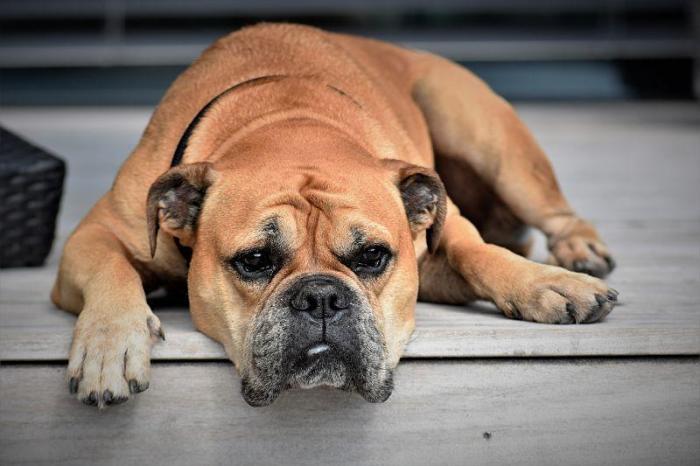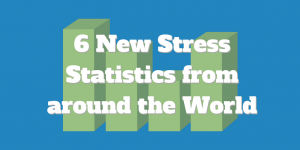Your sleep quality and quantity diminishes due to stress. And because you don’t sleep enough your level of anxiety increases.
Lack of sleep ruins your mood and your health (and, indirectly, it negatively impacts your personal and professional life).
That’s because when you don’t sleep, your brain and body can’t perform all the activities scheduled while you are asleep (memory consolidation, brain chemical waste dump, muscle relaxation, tissue growth and repair, to name just a few).
When too many items find their way on your to-do list, one of the first things you do is to cut down on sleep.
Stress, Anxiety, and Lack of Sleep Are Damaging Your Health
After all, it’s the early bird that gets the worm, right? Maybe for a while. But, in the long run, if you accumulate the sleepless nights, these things will happen:
1. You get sick more often
2. Your heart suffers
3. You start gaining weight
4. Your risk of diabetes increases
5. You start forgetting things
6. Your attention span decreases and you become more accident prone
7. You start experiencing mood swings
Most of the things on the list are also symptoms that can be associated with anxiety.
If the list above made you worry, here’s what you can do about it:
Reduce phone and social media time
Stop using your phone (and any screen) 1h before going to sleep. The blue light of the screens prevents you from falling asleep. And, keep your phone away from your bedroom.
Relax before going to bed
Taking your daily problems with you when you go to sleep, won’t help you sleep better or fall asleep faster. Find a way to relax and unwind before going to sleep (read a book, talk to your partner, drink a cup of tea). But avoid alcohol. It keeps you awake longer and decreases the quality of your sleep.
Reorganize your bedroom
Keep work out of the bedroom. And keep it cool, dark and quiet. Light in the bedroom sends a signal to the brain that it’s time to wake up. Not exactly what you want.
These are just a few things that you can implement right away to improve the quality of your sleep, reduce anxiety and improve your health.
There are tons of stress management techniques out there. Find a relaxation technique suitable for you and apply it. Don’t try to ignore the problem. Stress and anxiety never just goes away. And the recent statistics about stress levels are rather alarming.
Resources:
Shawn Stevenson – Sleep Smarter: 21 Essential Strategies to Sleep Your Way to A Better Body, Better Health, and Bigger Success
Ariana Huffington – The Sleep Revolution: Transforming Your Life, One Night at a Time







